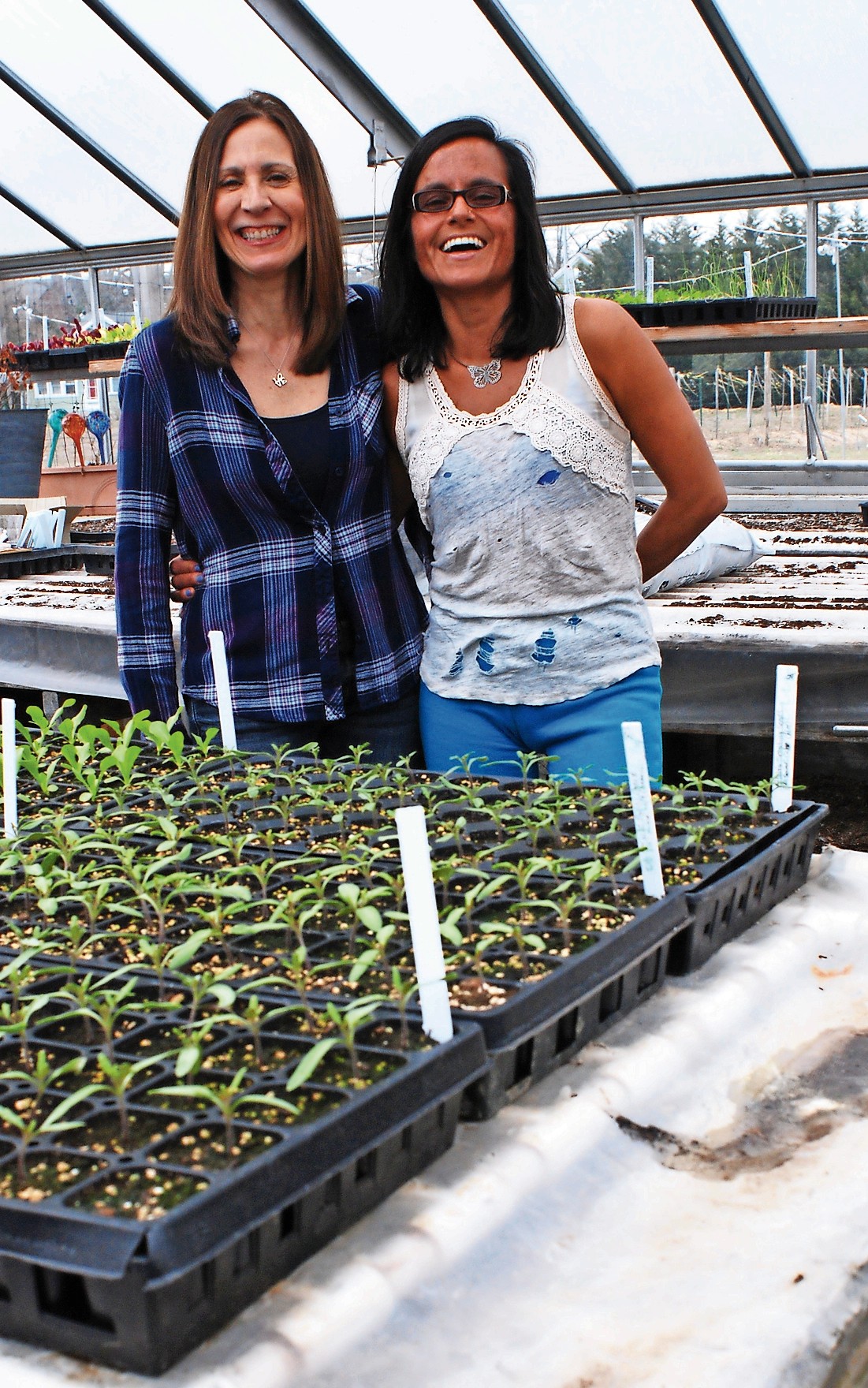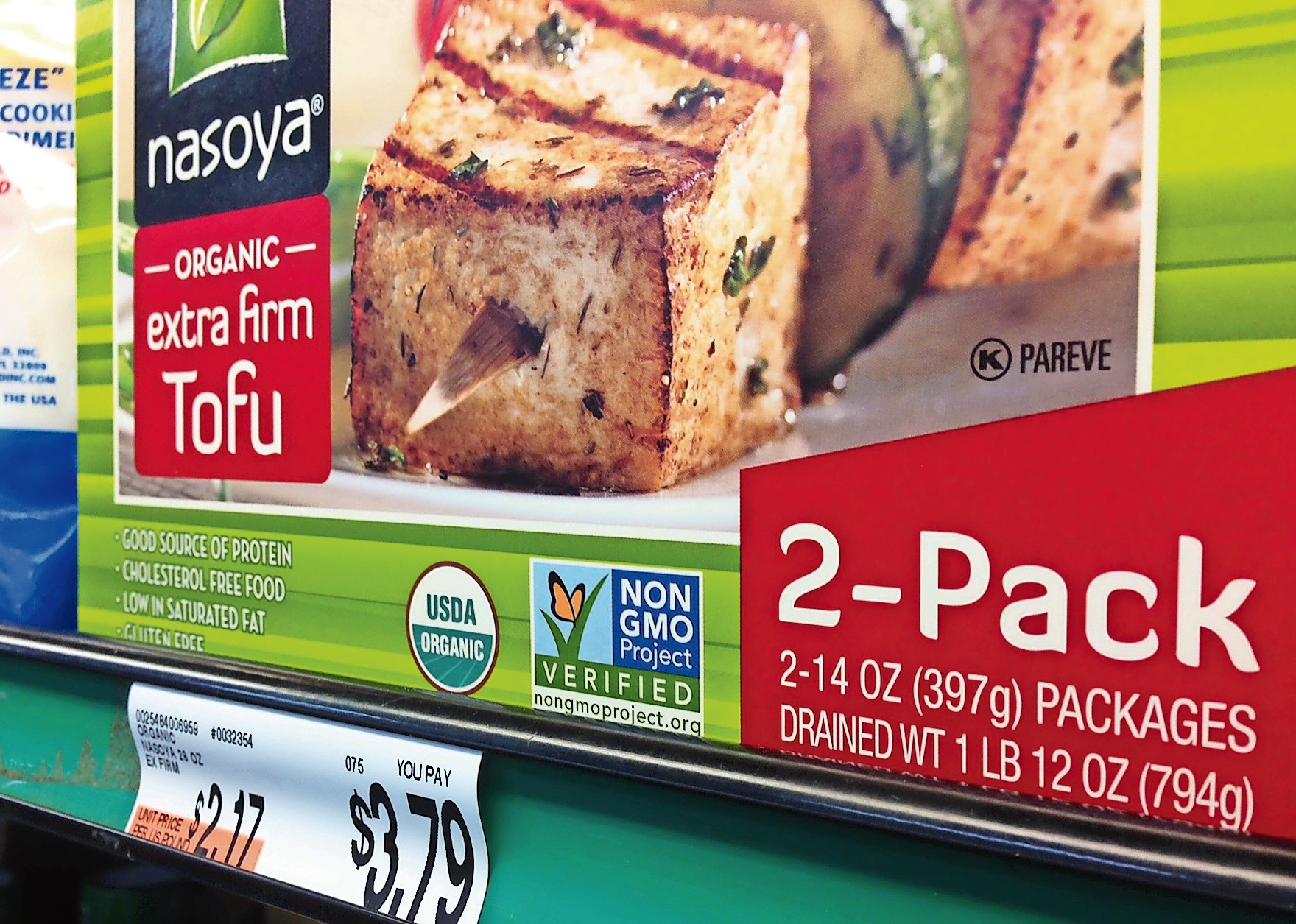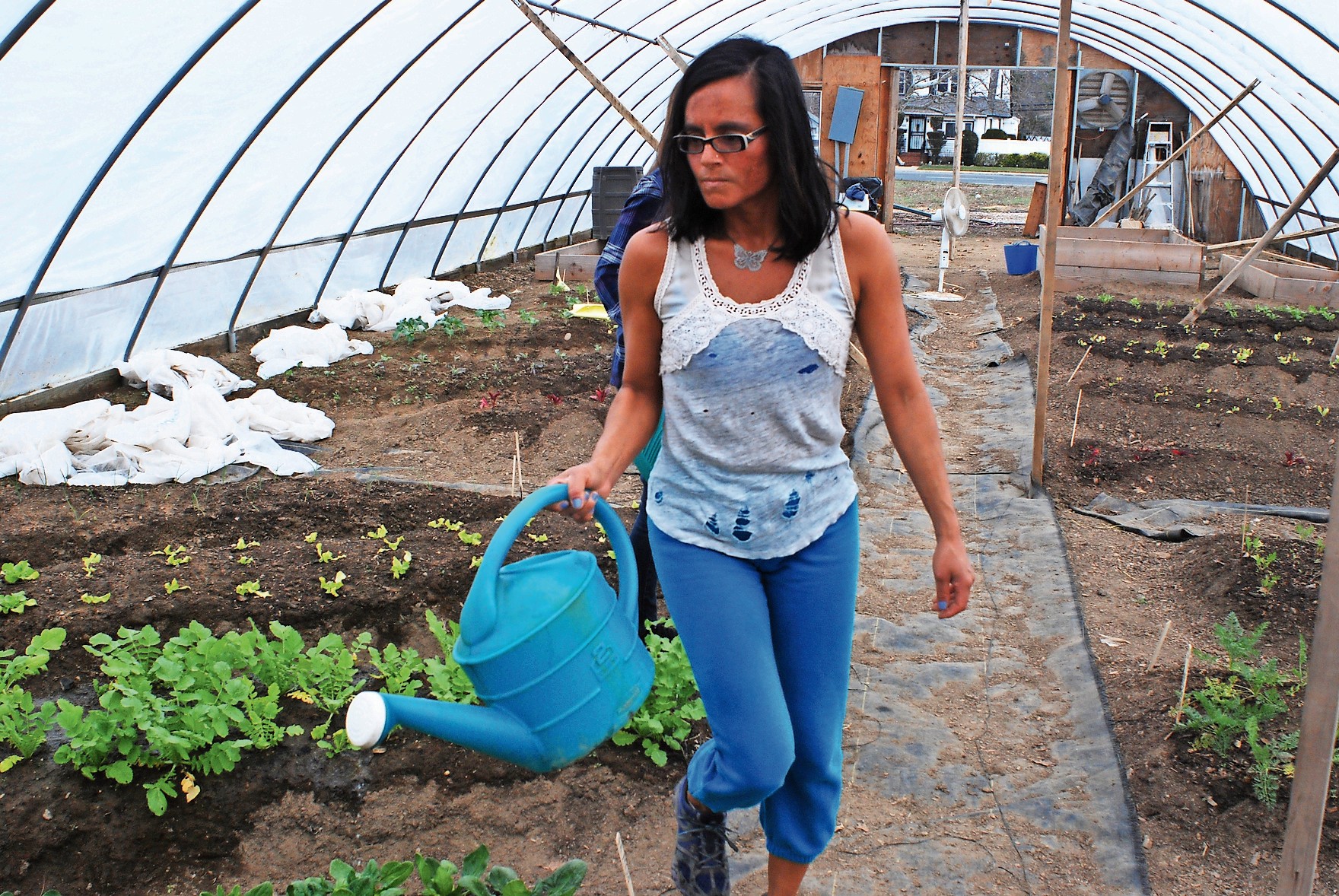To label GMOs or not? That is the question.
State eyes bill to ID genetically engineered foods
Margaret Maher, of Merrick, cherishes every day, she says. Twenty-six years ago, at age 31, she was diagnosed with Stage I breast cancer. Her son was 3, and her daughter, 4 months old.
Aggressive chemotherapy and radiation treatment killed the cancer. Maher survived. Ever since, she has taken good care of her body. She eats a low-fat diet full of fresh vegetables and fruit. She exercises — a lot. In fact, she became a Pilates instructor so she could stay in shape while earning a living.
Maher was angry, she said, when she learned in recent years that the majority of the food that she consumes is not as natural as she thought. Much of it, she discovered, is genetically modified, or engineered.
“When I found out [what] was actually in our foods,” said Maher, now 57, “I was livid. I [was] thinking I was really healthy. I was outraged. I said, I have to do something.”
Eighty percent of the food sold in U.S. supermarkets contains genetically modified organisms, according to the Non-GM
Project, which certifies foods as GMO-free.
“I think people would be somewhat surprised how much [genetically modified food] they’re already eating,” said Dr. Laura Vallier, a Hofstra University developmental geneticist.
Research is under way to determine the possible long-term health and environmental impacts of GMO food production. In the U.S. scientific community, there is widespread agreement that GMOs are safe, even beneficial, while in Europe they are treated with greater suspicion by scientists and government officials.
Maher is now volunteering for Food & Water Watch, a national nonprofit organization based in Washington, D.C., which is calling on the New York State Legislature to require companies to label foods containing GMOs. The group contends that labeling would help consumers make more informed choices about the foods they eat.
More than 70 bills to mandate labeling or prohibit GMO farming have been proposed in 30 states, according to the Center for Food Safety. Only Vermont requires labeling, though it has not banned GMOs. Bills to mandate GMO labeling have been proposed in New York’s Legislature since 2009. They have gone nowhere.











